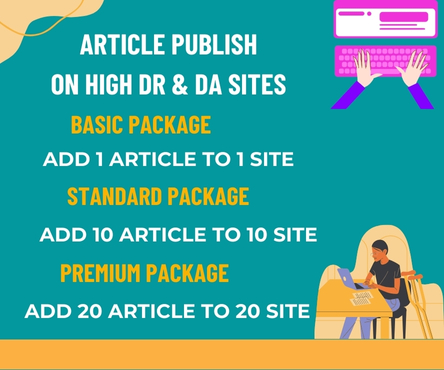The Vital Role of Managed Service Providers (MSPs) in Ensuring HIPAA Compliance in Healthcare
The healthcare industry is undergoing a significant digital transformation, with electronic health records, telehealth, and other technology-driven solutions becoming integral to patient care. However, this evolution comes with increased cybersecurity risks, especially regarding the protection of sensitive patient information. In this context, compliance with the Health Insurance Portability and Accountability Act (HIPAA) is non-negotiable for healthcare providers. This article explores the importance of Managed Service Providers (MSPs) in ensuring HIPAA compliance within the healthcare sector and discusses specific ways MSPs can be valuable assets to healthcare organizations.
Understanding HIPAA Compliance
HIPAA, enacted in 1996, set forth national standards to safeguard protected health information (PHI). The Department of Health and Human Services (HHS) enforces HIPAA compliance, with the Office for Civil Rights (OCR) overseeing its implementation. Compliance involves adhering to the HIPAA Privacy Rule and Security Rule, which address the lawful use, disclosure, and protection of PHI. Protected Health Information (PHI) encompasses various data, including medical records, billing details, treatment plans, and insurance claims. HIPAA compliance is crucial for patient privacy, data security, and legal adherence. Failure to comply can lead to substantial fines, reputational damage, and even criminal charges.
The Role of MSPs in Healthcare
Risk Analysis and Management
MSPs play a vital role in conducting regular and thorough risk analyses, identifying vulnerabilities in both physical and technical aspects of data storage. By assessing infrastructure weaknesses, MSPs help healthcare organizations proactively address potential security threats.
Physical and Technical Safeguards Implementation
MSPs assist in implementing the necessary physical and technical safeguards outlined in HIPAA regulations. This includes access controls, encryption technologies, audit controls, and disaster recovery plans. These measures ensure the confidentiality, integrity, and availability of electronic protected health information (ePHI).
Policy Development and Training Programs
MSPs collaborate with healthcare providers to develop and implement written policies, procedures, and standards of conduct. Additionally, they facilitate training programs to educate employees on HIPAA regulations, emphasizing the importance of maintaining data privacy and security.
Breach Notification Policy
MSPs help healthcare organizations establish clear breach notification policies. In the event of a data breach involving unsecured PHI, a well-defined policy ensures prompt and effective communication with affected individuals, mitigating potential damage caused by unauthorized disclosure.
Continuous Monitoring and Auditing
MSPs provide ongoing monitoring and auditing services, ensuring that security measures remain effective over time. Regular audits help identify potential security incidents, track user access, and ensure compliance with HIPAA standards.
Incident Response Planning
In collaboration with healthcare organizations, MSPs develop robust incident response plans. These plans outline steps to be taken in the event of a security incident, facilitating a prompt and effective response to mitigate any potential damage.
Insider Threat Management
MSPs deploy insider threat management tools to detect and prevent unauthorized access or disclosure of PHI by employees. This proactive approach helps organizations maintain compliance and prevent data breaches resulting from internal factors.
The Crucial Partnership Between MSPs and HIPAA Compliance
In an era where healthcare heavily relies on technology, MSPs serve as indispensable partners in ensuring HIPAA compliance. Their expertise in risk analysis, safeguard implementation, policy development, and ongoing monitoring helps healthcare providers navigate the complex landscape of healthcare data protection. By leveraging the services of MSPs, healthcare organizations can focus on delivering high-quality patient care while maintaining the utmost standards of data privacy and security. As the healthcare industry continues to evolve, MSPs stand as crucial allies in the ongoing battle to protect sensitive patient information and uphold the principles of HIPAA compliance.

